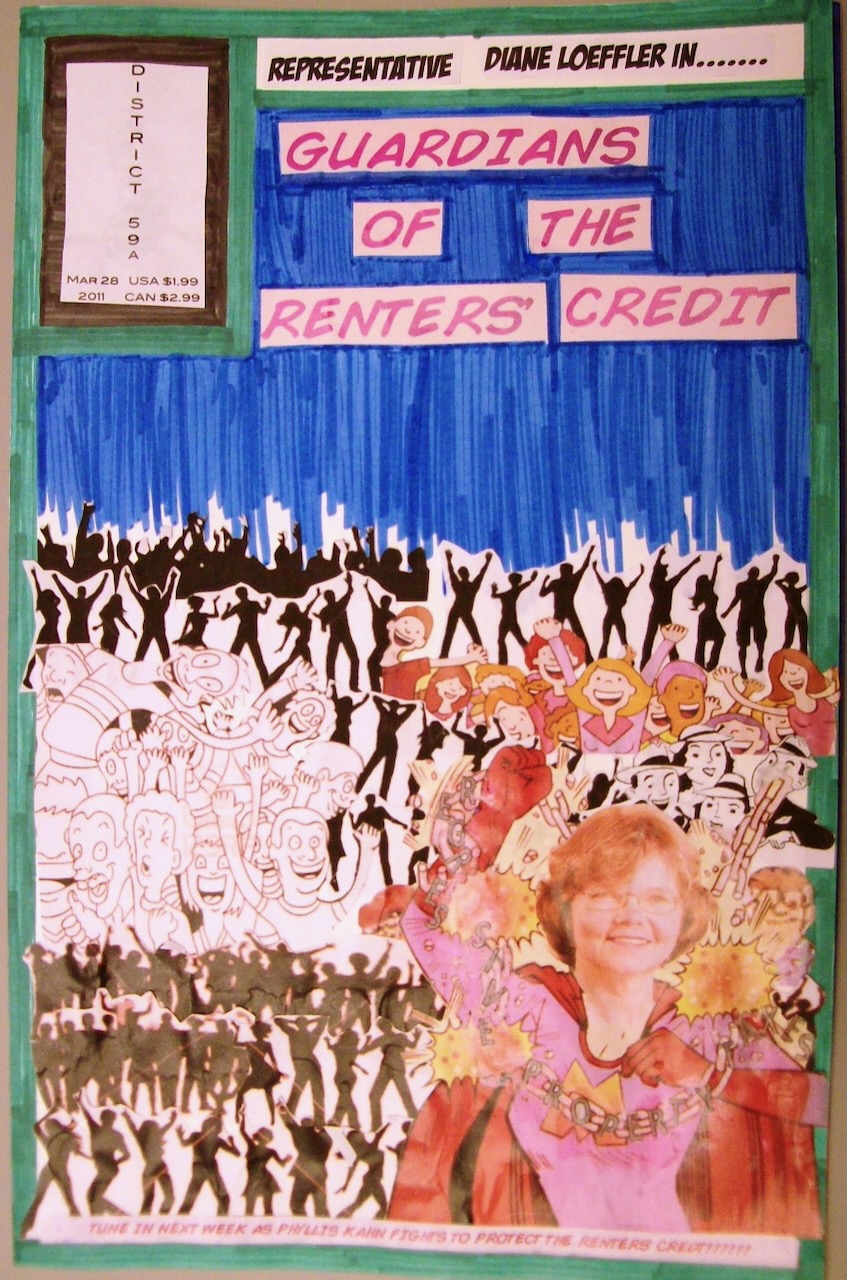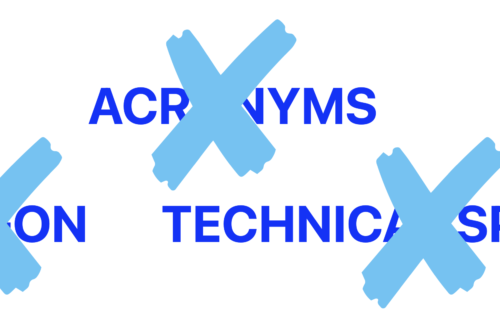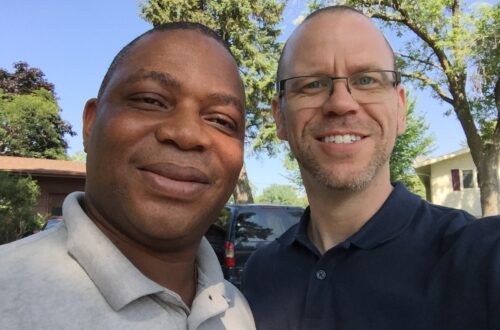Individuals possess tremendous power. As an advocate for economic justice for well over 20 years, I’ve had plenty of opportunities to watch in awe as countless citizen advocates have stepped outside their comfort zones and made a huge difference for their communities.
For instance, in 2011, I looked on as Peggy, a low-income renter, completely changed the tone of a legislative committee hearing about the Minnesota Tenant Bill of Rights. After she described the neglect of her landlord and her family’s resulting poor living conditions, she was asked by an unsympathetic legislator, “If it’s so bad, why don’t you just move?” She shared with the committee the importance of keeping her kids in the same school. If that alone weren’t a good enough answer, she also detailed some of the steep moving costs — expenses her income certainly couldn’t cover. As I said, the tone changed. Our legislative champions used Peggy’s story as a platform to talk about why Minnesota tenants deserved a leveler playing field if they wanted to find and maintain quality rental housing.
Another time, a few years later, I witnessed Braden, a high schooler I had been organizing with for quite some time, as he totally rocked the house and shared with hundreds of other students how easy political advocacy could be. He helped demystify Minnesota’s legislative process so that many students would go on to call their legislators and ask for more money to help homeless youth.
And years ago, I heard from a street outreach worker about a man named David who led a group of homeless folks to the St. Paul mayor’s office. I don’t know what they said to the staff or the mayor — other than that it was bone-chilling cold out — but by the end of their visit, the staff found enough resources to increase the hours a shelter could stay open to keep those struggling on the streets safe and warm at night at least through the winter months.
In another instance, I laughed joyfully as an intern and I agreed that she should devote all 200 hours of her internship to drawing for justice. Over the next several months, she created and gifted to several legislators sketches of them as superheroes to recognize their valiant — and successful — effort to fight off cuts to the Minnesota Renters Credit. While I coaxed her on, she helped me commit to my belief that advocacy can take so many forms. She used he talents to lend clever support to our legislative allies in a difficult fight.
These are just a few examples of the power individuals have. But honestly, their power came not only in their individual actions. In each case, they had the support of others with whom they could join forces. Peggy teamed up with other renters. Braden drew support from his family and his church. David banded together with what soon would become the X-Committee, a group of, by, and for people experiencing homelessness living in St. Paul. And my former intern belonged to and swapped ideas with a cohort of interns at HOME Line, which included seven others there at the time.
Lastly, I should add that individual actions — with the support of others or institutions — were also part of more extensive campaigns. Yes, the people’s stories I recounted above made a huge impact. However, their actions fit within a larger context. When we see the whole picture, we realize our true role in creating lasting change.
Michael loves comments regarding his posts. (Comment at the bottom of this page.)



